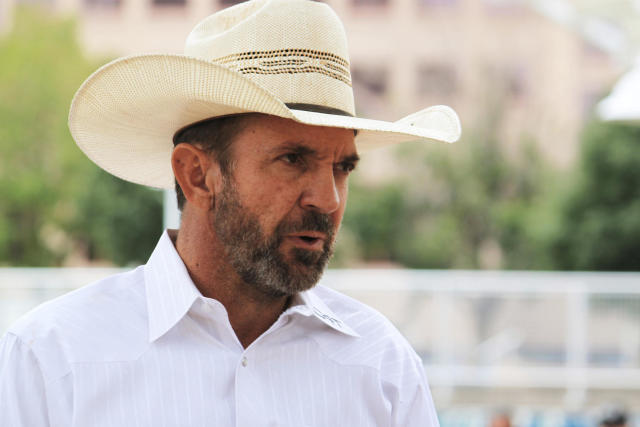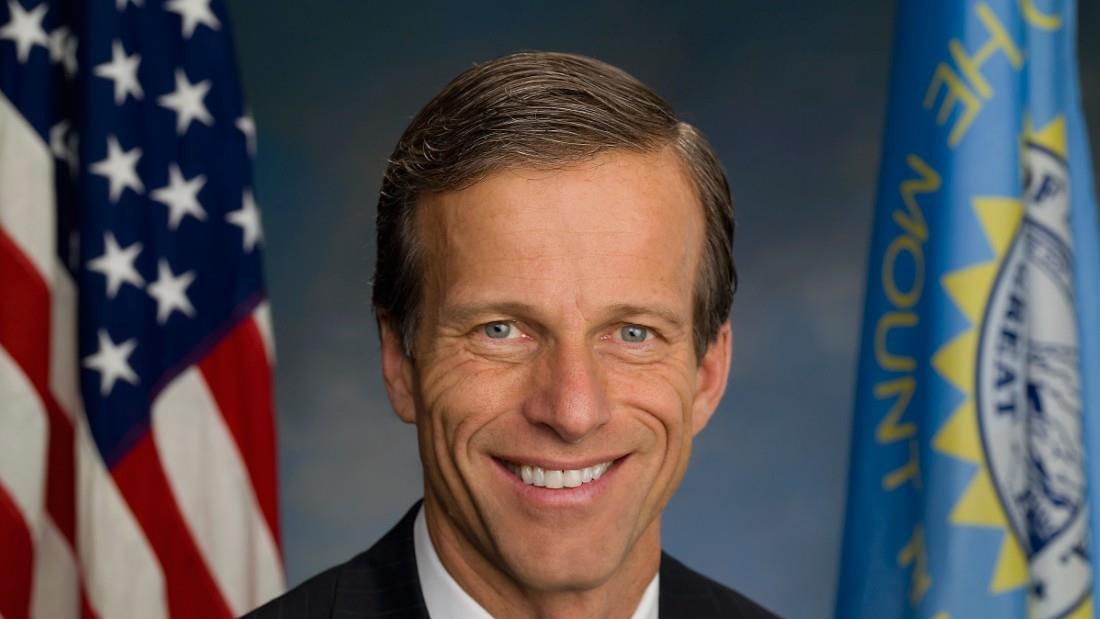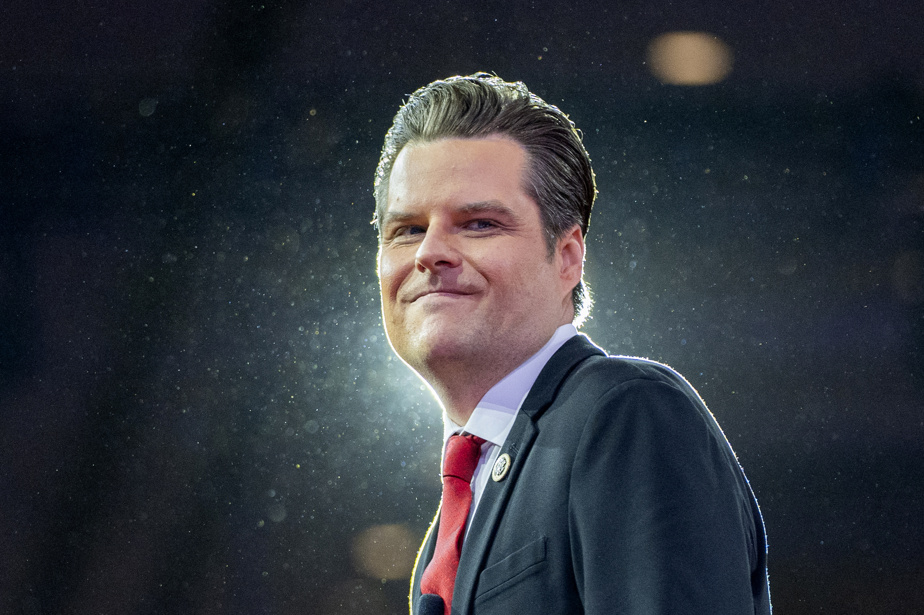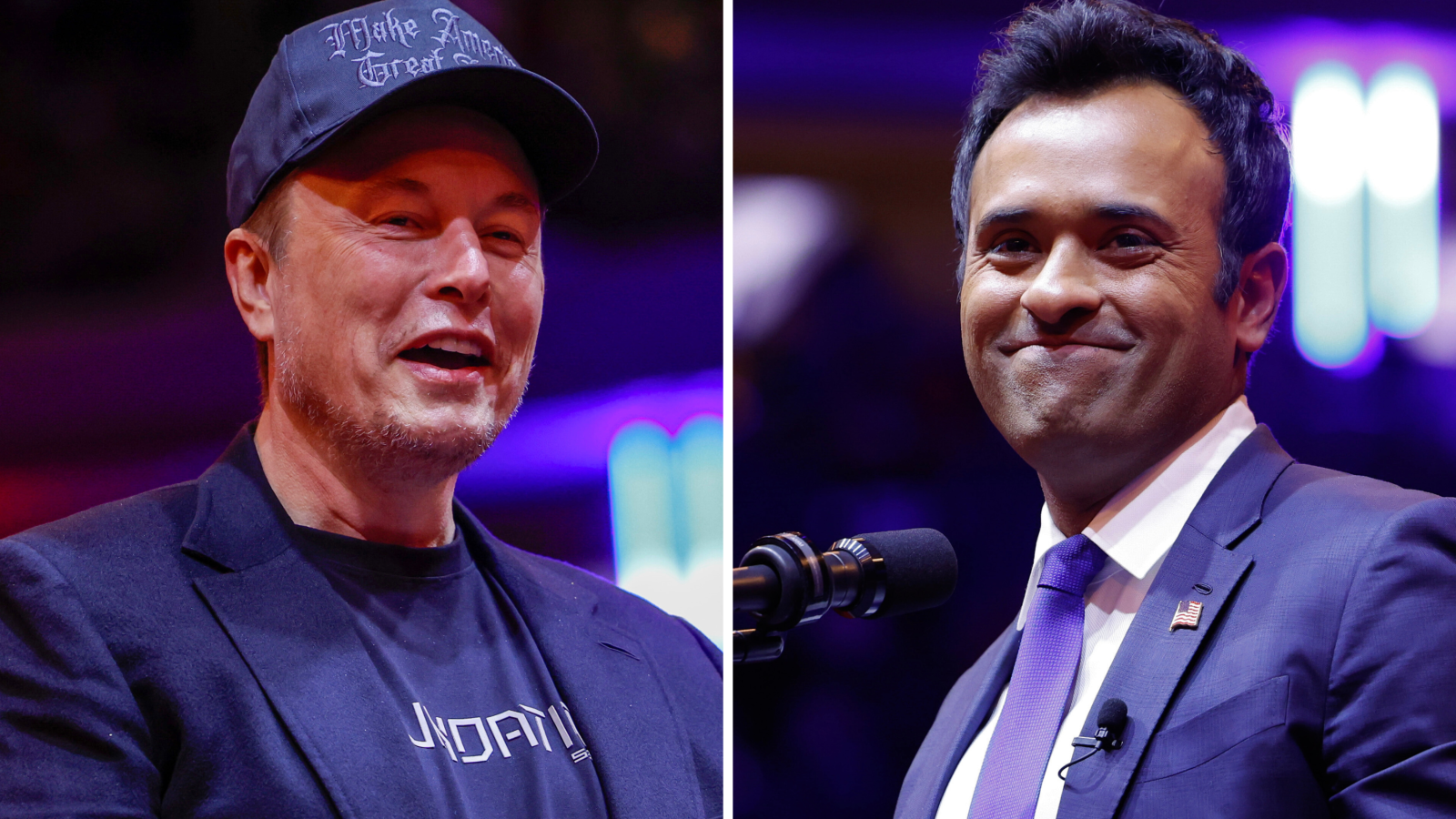
The U.S. Supreme Court has officially rejected former Otero County Commissioner Couy Griffin’s appeal, marking the latest development in his legal battle stemming from his participation in the January 6, 2021, Capitol riot. This decision solidifies Griffin’s ban from holding state office, which was enforced under the “insurrection clause” of the 14th Amendment.
What Happened to Couy Griffin?
Griffin, founder of the “Cowboys for Trump” movement, gained notoriety for his involvement in the January 6 insurrection, where he unlawfully entered the Capitol grounds. In 2022, a New Mexico court ruled that his actions violated the 14th Amendment’s disqualification clause, which prohibits individuals who have engaged in “insurrection” from holding public office. Following this, Griffin was removed from his county commissioner role, and his eligibility to hold future state or local office was barred indefinitely.
Although Griffin appealed the decision, citing First Amendment concerns and questioning the application of the insurrection clause, the Supreme Court declined to hear the case. This reinforces state courts’ authority to apply disqualification for local officials, even though the Supreme Court recently ruled that similar measures cannot prevent federal candidates—like Donald Trump—from running for office.
The Impact of the Supreme Court’s Decision
This case holds significant weight as Griffin was one of the first public officials in modern U.S. history to be removed under the 14th Amendment’s insurrection clause. The rejection of his appeal confirms that states have the legal authority to bar individuals from public office if they are found to have participated in insurrection or rebellion against the U.S. government. This ruling could set a precedent for other state-level disqualification cases, particularly those stemming from the events of January 6.
Furthermore, the Court’s decision underlines that constitutional principles related to insurrection, while historically obscure, can still apply in contemporary political disputes. The ruling also complements the ongoing efforts by watchdog organizations like Citizens for Responsibility and Ethics in Washington (CREW), which have spearheaded legal challenges against public figures connected to January 6.
Griffin’s Response
After learning about the Court’s rejection of his appeal, Griffin expressed frustration and disappointment on social media, questioning whether his disqualification would also apply to other public offices like the vice presidency. His reaction reflects the challenges and political uncertainty surrounding post-January 6 legal actions.
What’s Next?
While Griffin’s case is now effectively closed, the broader implications remain. Legal experts and activists continue to monitor similar efforts to hold public officials accountable for their involvement in the insurrection. This decision strengthens the legal framework around disqualification clauses, underscoring states’ ability to police their own officials without interference from the federal judiciary.
For more detailed legal analysis and up-to-date political news, visit Newsify.









Leave a Reply